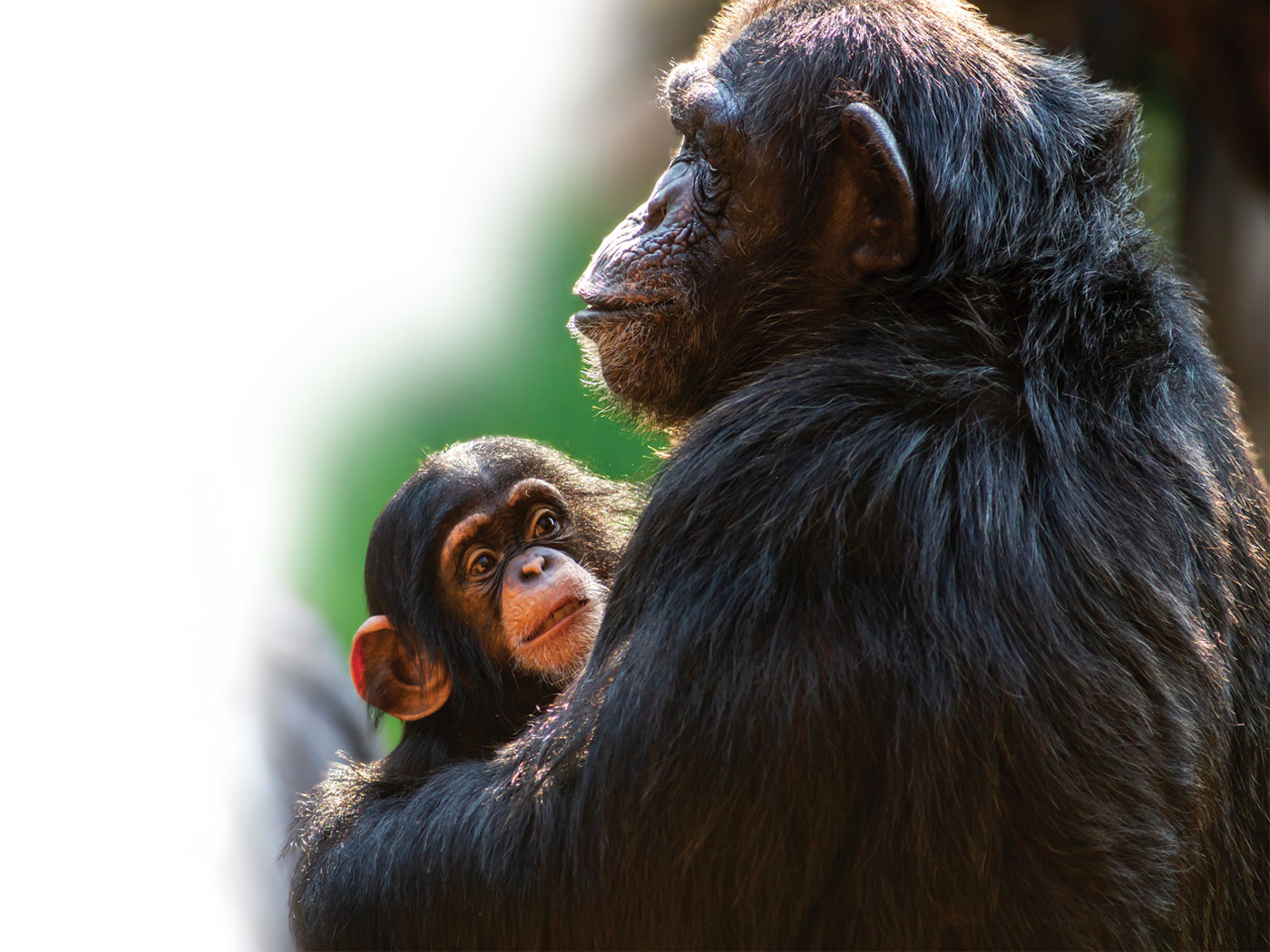
Paleozoic Scorpion Exoskeleton Gainsays Assigned Age
Among land-dwelling arthropods, the sheer number of just ants and beetles that live and die each year is phenomenal. And ocean krill exist in even higher numbers. Each of these creatures leaves behind an exoskeleton. If it were not for remarkably efficient exoskeleton-eating microbes, the earth would quickly fill up with arthropod carcasses.

Bone-eating Worms Show Fossils Formed Fast
Marine biologists made a surprising discovery in 2002 when they found a unique species of worm that devours the bones of whale carcasses on the ocean floor. Ongoing research conducted off the coast of California has uncovered much more about these sea floor worm-based ecosystems, and the discoveries have provided more insight into the fossilization of vertebrate bones.

Fossil Discovery Reshuffles Dino Evolution Again
A newly discovered dinosaur has forced another re-write of the evolutionary dinosaur origins story. The tiny Eodromaeus skeleton unearthed in South America "boots out" the previously designated dinosaur common ancestor. Evolutionary "history" continuously morphs to accommodate fossil data, showing that evolution is primarily conceptual…not scientific.

Origins Breakthroughs of 2010: Paleontology
Every year brings new scientific discoveries that shed light on the past. The Institute for Creation Research is dedicated to the study of origins from a biblical perspective, and ICR News has compiled what it considers to be the top findings related to origin studies from 2010.

The Mysteries of Stunning Soft Tissue Fossil Finds
The controversial soft tissue finds of North Carolina State University paleontologist Mary Schweitzer are gaining renown, and for good reason. She found organic material in fossilized dinosaurs and other creatures that should not have existed after having supposedly been buried for millions of years.






